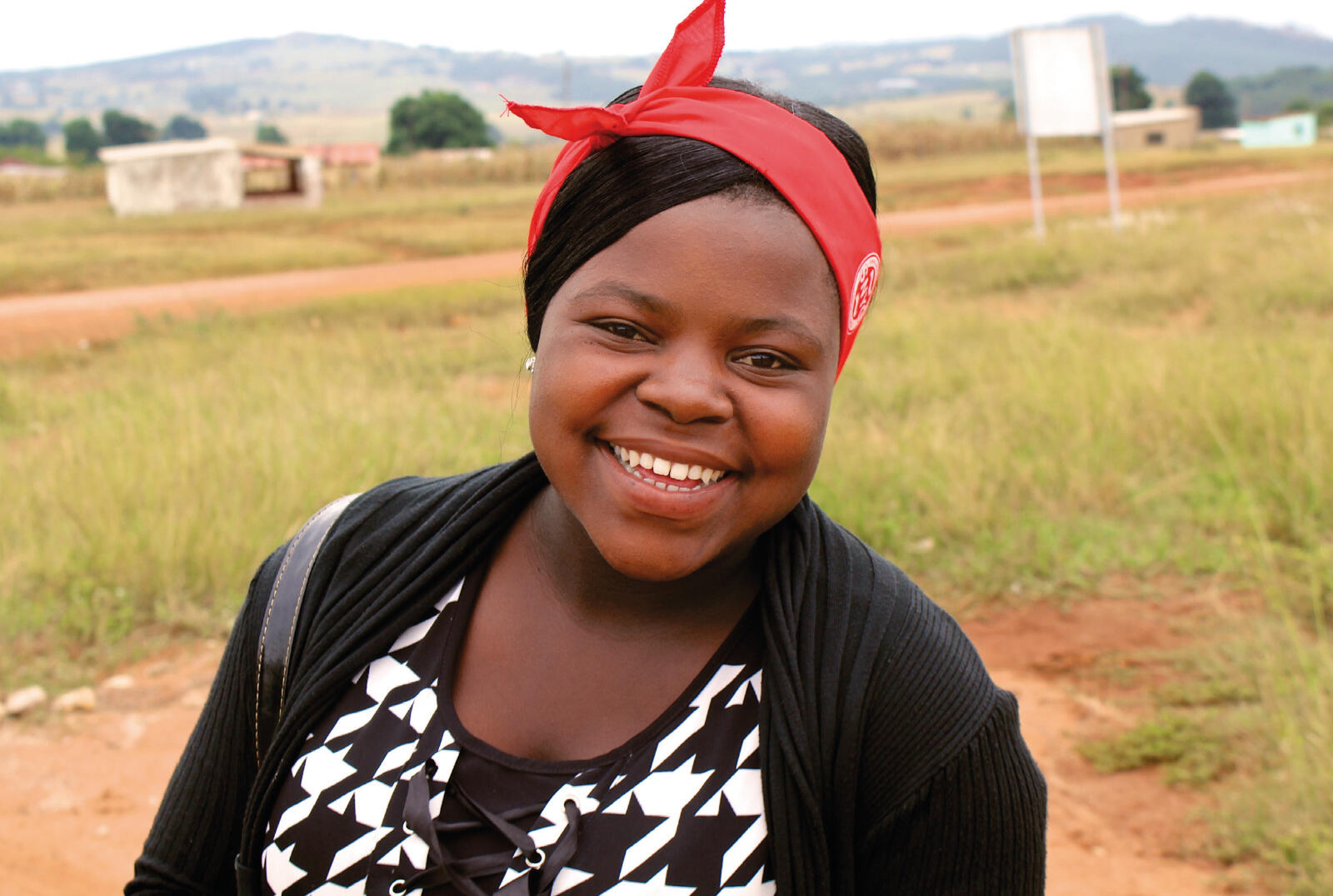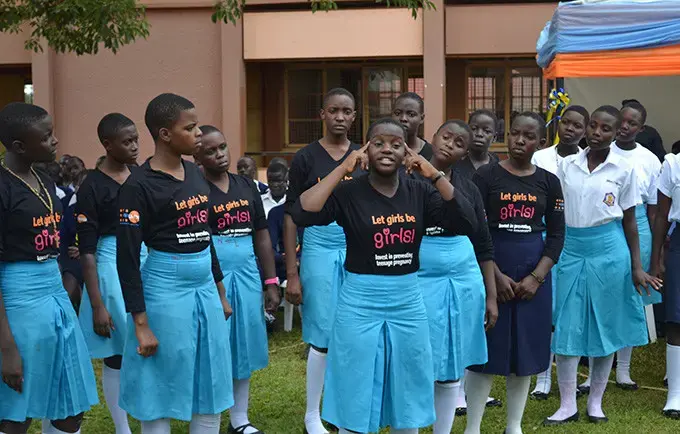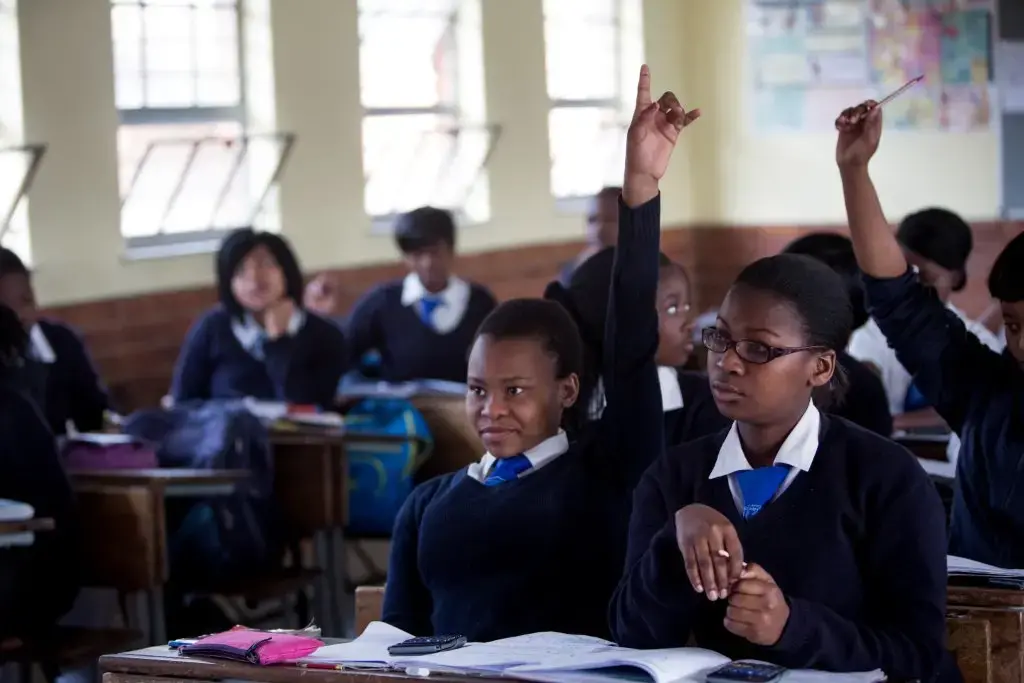Takhona is from Shiselweni, one of the poorest regions in Swaziland. In secondary school, she started drinking alcohol, which led to an ongoing substance abuse problem. She and two friends drank before attending school, where they misbehaved and routinely got in trouble. Takhona had received her final warning from the head teacher and was on the road to expulsion.
“Sometimes I had no uniform or other school supplies, but my friends had everything,” said Takhona. “I was just trying to relieve stress by taking alcohol.”
Takhona is not alone in her stress. Young people in Swaziland lack adequate information, skills and services to protect themselves from unintended pregnancies and sexually transmitted infections, including HIV, which disproportionately affects young women. They also lack life skills for nurturing and negotiating healthy, equitable relationships. In Swaziland, 23 per cent of young women aged 15 to 24 are HIV infected, and 33 per cent of girls are sexually abused before the age of 18.
UNFPA’s Safeguard Young People Programme was designed to address the urgent sexual and reproductive health needs of young people like Takhona. In Swaziland, where traditional structures are integral to daily life, the first step was to engage traditional authorities who in the past rejected the idea of talking to young people about sex. With careful advocacy, the programme gained the buy-in of traditional leaders who now provide and assistance with those activities.
The programme provides sexual and reproductive health training for peer facilitators and empowers them to return to their communities to coordinate activities and engage other young people. When Takhona saw friends participating in peer facilitation sessions, she was curious but apprehensive. Her pattern at that time was to get in trouble, so when she first attended a UNFPA-led session in January 2014, she was loud and rude. It surprised her that she was not turned away. So she started to listen. Then she learned a lot.
“I got information about many things. I believed before that having sex, you just enjoy, nothing can happen, I didn’t know about pregnancy and HIV and STIs,” Takhona recalls. She also awakened to the damaging effects of alcohol abuse on both her body and her future.
Takhona’s easy smile grows wider when she describes how she uses her newly-acquired knowledge to help people she loves. The two friends she used to drink with were not interested in attending Safeguard Young People Programme’s activities. So Takhona talked to them about using condoms to avoid pregnancy and HIV. She told them that girls are more burdened by HIV than boys. She pointed out the trappings of early motherhood for them and for herself.
“Becoming pregnant would be a cost to me. If I got pregnant, the child would be very poor. Poor kids get more diseases. My future would be ruined because I wouldn’t be able to go back to school. Without education, there is just nothing in this world.”
Her friends stopped drinking and so did she. Takhona also took her knowledge back home.
“My mother believed that HIV is curable. She believed that shaking hands with someone or sharing a toilet could transmit HIV. I tried to open her mind.”
Takhona taught her mom that HIV is transmitted through unprotected sex or the sharing of razors or needles. She asked her mother to support her in her own mission to avoid HIV and pregnancy.
Takhona is now 17 and she finished secondary school last year. She performed well and intends to enroll at a teacher training institute.
“What I wish for Swazi girls, I wish for them a bright future and better standard of living,” Takhoma said.
“And actually, I’m looking to my own very bright future.”
About the Safeguard Young People Programme
With funding from the Swiss Agency for Development and Cooperation, the UNFPA East and Southern Africa Regional Office has implemented the Safeguard Young People Programme in Botswana, Lesotho, Malawi, Namibia, Swaziland, South Africa, Zambia, and Zimbabwe. The programme displays bold leadership and strategic action to ensure young people’s healthy and successful transition to adulthood.
The goal of SYP is to improve the sexual and reproductive health status of young people aged 10 to 24 by the end of 2019. SYP adopts a multi-sectoral approach that addresses the youth population holistically, in their diverse and complex environments, with an emphasis on transforming the gender dynamics that marginalize and harm young women.





